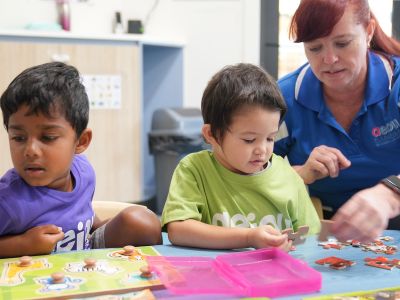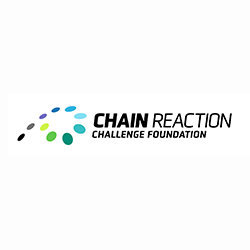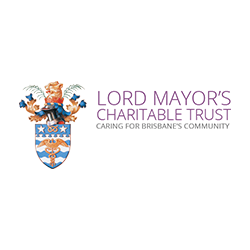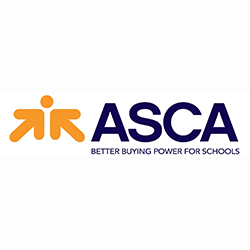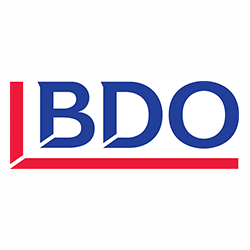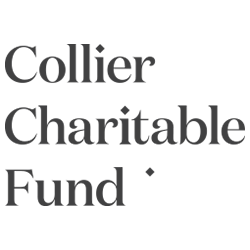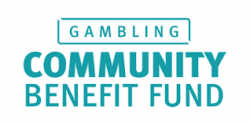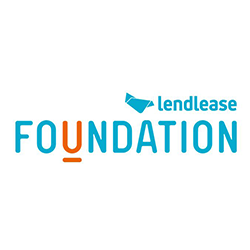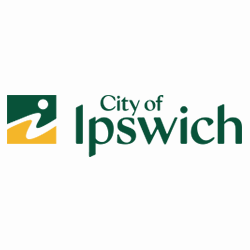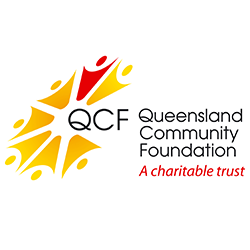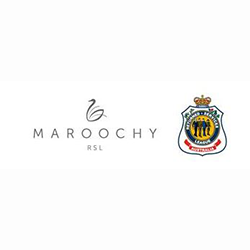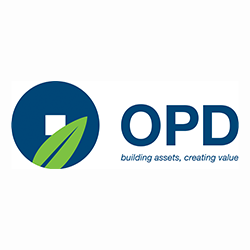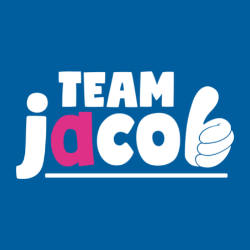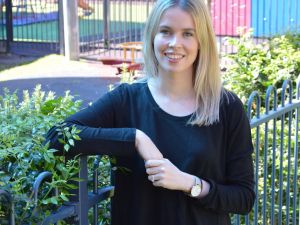
Independent toileting is a vital life skill not only for children with ASD but for all children. Like many skills targeted during an early intervention program, toilet training is one of those that require collaborative, consistent hard work at this time in the child’s life to set them up for success and independence in the future. While changing a child’s nappy may be time efficient when they are two years old, we need to be always thinking to the future. Not being toilet trained can significantly impact a child’s future schooling options, being socially accepted, and importantly their ability to independently manage hygiene routines.
So, where do we start? Parents are often encouraged to look out for ‘signs’ their child is ready to start toilet training, but for children with ASD there is no evidence to show that they display consistent readiness signs. However, there are skills that we recommend targeting in preparation for toileting, although these should not hold back the commencement of a toileting program. These skills include:
- Teaching the child the toileting routine including, dressing and washing hands
- Teaching the child to drink fluid when requested (they may need a reward to do so, which is ok)
- Ensuring that the child tolerate:
- Wearing underwear
- Being in the bathroom
- Sitting on the toilet
- Ensuring that the child has a functional communication system or is working towards this
- Ensuring that the child has a variety of reinforcers
All of these and sometimes more are considered in preparation for toilet training. There are many components that contribute to successful toilet training. Toilet training is not just sitting on the toilet and voiding. It is just as important to teach requesting independently, voiding bowel motions and dressing skills. It may feel like an impossible task, but by breaking it down into small achievable goals children can achieve toileting success.
At AEIOU we implement an intensive toilet training program that is supported by an extensive evidence base. We use a transdisciplinary approach, meaning our toileting program is collaboratively implemented by our Occupational Therapists, Behaviour Therapists and Speech Pathologists.
To learn more about toilet training your child, please come along to our parent workshops: http://aeiou.org.au/workshops
About the author: Kate Sheales is AEIOU Foundation's Program Coordinator (Senior Occupational Therapist) and is passionate about promoting independence for children with autism. She has been an integral member in the AEIOU team since 2011. Kate holds a Bachelor of Occupational Therapy at the University of Queensland and is studying towards her BCaBA qualification.

